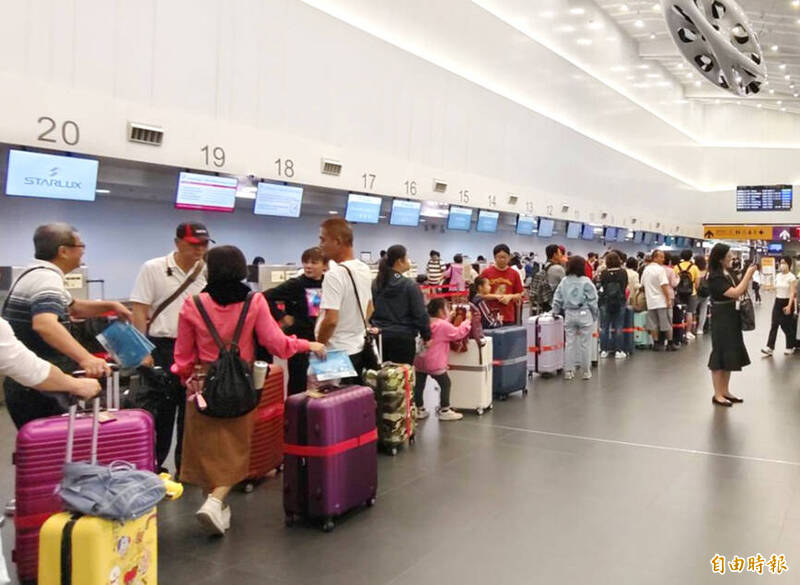Top Stories
Taiwanese Airlines Restrict Bluetooth Earbuds in Checked Luggage

Three Taiwanese airlines have implemented restrictions on the packing of Bluetooth earbuds and their charging cases in checked luggage. These measures respond to international aviation safety regulations aimed at enhancing passenger safety.
EVA Air and Uni Air have stated that Bluetooth earbuds and their charger cases are classified as portable electronic devices. According to these airlines, such devices must be completely switched off when placed in checked luggage. This is to prevent them from being in standby or sleep mode, which is prohibited by international aviation regulations. Since charging continues when earbuds are stored in their cases, these cases must be carried as hand luggage instead.
In addition, Tigerair Taiwan highlighted that earbud charger cases contain built-in lithium-ion batteries, similar to portable electric fans. As a result, these devices are also banned from checked luggage.
Starlux Airlines, China Airlines, and Mandarin Airlines do not have specific regulations regarding the transportation of earbuds and their charger cases. However, Starlux emphasized that any portable electronic devices in checked luggage must remain switched off throughout the flight. Passengers choosing to carry such devices are advised to ensure that their batteries comply with international safety standards.
Passengers of both China Airlines and Mandarin Airlines are encouraged to keep their earbuds and charger cases in hand luggage. The two airlines reiterated that lithium-ion batteries and portable chargers should not be placed in checked luggage.
In a related safety measure, ferry passengers traveling on the Nanhai Star 1, which operates between islets in Penghu County, are also prohibited from carrying portable chargers for mobile phones in their checked luggage. This decision follows an incident where a portable charger ignited before the ferry departed.
The Maritime and Port Bureau has issued a reminder that portable chargers must be certified by the Bureau of Standards, Metrology and Inspection before boarding. These chargers must remain in hand luggage and visible at all times. Additionally, passengers are cautioned against using chargers that are damaged, deformed, or overheated, as these conditions pose significant safety risks.
These regulations reflect a growing emphasis on safety in air and maritime travel, aligning with international standards to protect passengers and crew alike.
-

 Lifestyle3 months ago
Lifestyle3 months agoHumanism Camp Engages 250 Youths in Summer Fest 2025
-

 Sports3 months ago
Sports3 months agoDe Minaur Triumphs at Washington Open After Thrilling Comeback
-

 Business4 months ago
Business4 months agoKenvue Dismisses CEO Thibaut Mongon as Strategic Review Advances
-

 Sports4 months ago
Sports4 months agoTupou and Daugunu Join First Nations Squad for Lions Clash
-

 Top Stories4 months ago
Top Stories4 months agoColombian Senator Miguel Uribe Shows Signs of Recovery After Attack
-

 World4 months ago
World4 months agoASEAN Gears Up for Historic Joint Meeting of Foreign and Economic Ministers
-

 Business4 months ago
Business4 months agoOil Prices Surge Following New EU Sanctions on Russia
-

 Health3 months ago
Health3 months agoNew Study Challenges Assumptions About Aging and Inflammation
-

 Entertainment3 months ago
Entertainment3 months agoDetaşe-Sabah Violin Ensemble Captivates at Gabala Music Festival
-

 Entertainment3 months ago
Entertainment3 months agoBaku Metro Extends Hours for Justin Timberlake Concert
-

 Business4 months ago
Business4 months agoU.S. House Approves Stablecoin Bill, Sends to Trump for Signature
-

 Top Stories4 months ago
Top Stories4 months agoRethinking Singapore’s F&B Regulations Amid Business Closures









